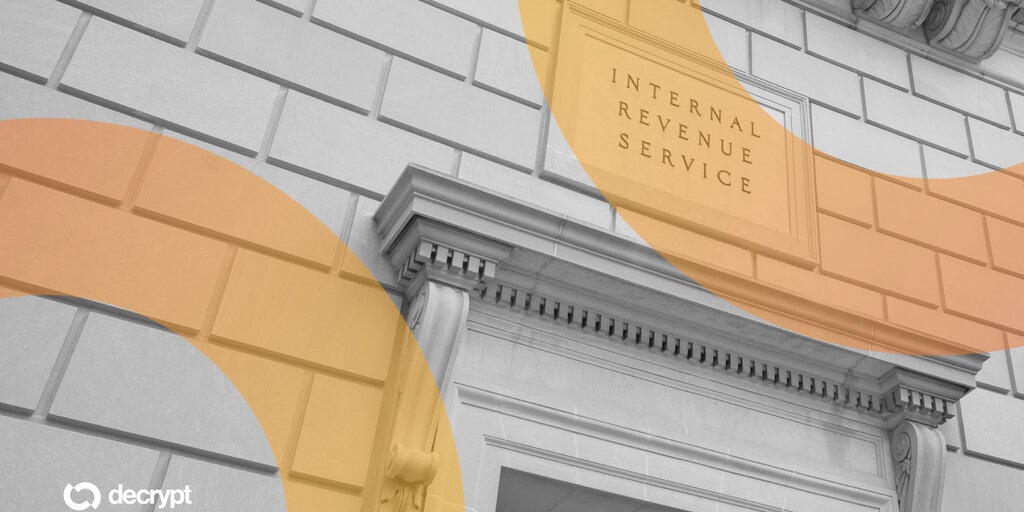
The world of cryptocurrency has long been lauded for its promise of decentralization and privacy. However, recent developments by the Internal Revenue Service (IRS) indicate heightened attention to the crypto space, signaling a shift in how digital assets are tracked and taxed.
The IRS’s Push for Greater Crypto Tax Compliance
Since 2017, the IRS has steadily expanded its surveillance of crypto transactions. What initially started as targeted probes on individual traders has evolved into widespread efforts involving major exchanges like Coinbase, Kraken, and Poloniex. Using cutting-edge blockchain analytics and John Doe summonses, the IRS aims to trace cryptocurrency transactions in near real time, reshaping the landscape of crypto tax compliance.
According to David Klasing, a dual-certified tax attorney and CPA specializing in crypto taxation, this enforcement represents a “broader approach aimed at identifying tax non-compliance across multiple crypto exchanges.” Exchanges are now required to provide extensive transaction records to the IRS, putting millions of crypto users under scrutiny.
What This Means for Crypto Investors
The IRS’s advanced blockchain tracking and data-gathering capabilities raise compliance concerns for crypto investors. In fiscal year 2021 alone, crypto-related seizures generated $3.5 billion, amounting to 93% of the IRS’s total asset seizures that year. Recent data shows a 75% potential non-compliance rate among cryptocurrency users, according to the Treasury Inspector General for Tax Administration (TIGTA).
Such numbers highlight an urgent need for investors to ensure accurate reporting. New regulations, like the upcoming 1099-DA form, will further demand greater transparency and reporting consistency for crypto transactions across platforms starting in 2025.
Tackling Crypto Taxation Challenges
One of the key challenges for crypto investors is navigating inconsistencies in reporting across multiple exchanges, wallets, and on-chain protocols. “Each exchange’s 1099-DA will not include information from other exchanges, wallets, or on-chain protocols,” noted Nick Waytula, head of tax at Crypto Tax Calculator. This could lead to discrepancies and errors in cost basis calculations, increasing the risk of IRS audits and penalties.
Government officials and tax advisors continue to enforce stronger compliance measures. However, privacy advocates express concerns about the overreach of these policies. For example, the Supreme Court recently declined to hear arguments about whether the IRS violated Fourth Amendment rights by obtaining trading data from exchanges. This decision underscores how closely crypto investors are now being monitored.
Tools and Products to Simplify Crypto Tax Compliance
Staying compliant in this evolving landscape requires the right tools and resources. For instance, Crypto Tax Calculator, a trusted platform among investors, helps users accurately calculate their crypto taxes across exchanges, wallets, and protocols. With real-time syncing and simplified reporting, this tool can help ease tax season headaches while keeping you compliant with IRS requirements.
The Future of Crypto Regulation
The IRS’s actions signify a new era of cryptocurrency regulation. As tax laws evolve, investors need to stay informed and proactive to avoid legal challenges. Robust recordkeeping, accurate reporting, and understanding of new tax forms like the 1099-DA will be essential as the government ramps up enforcement initiatives.
Now more than ever, crypto investors are urged to seek professional advice from tax attorneys or CPAs experienced in digital asset transactions. Compliance may feel overwhelming, but staying ahead can ensure that you reap the benefits of cryptocurrency without facing legal obstacles.
Are you prepared for the changing landscape of cryptocurrency taxation? Start by reviewing your records, using tools like Crypto Tax Calculator, and consulting with a professional tax advisor to safeguard your investments.


